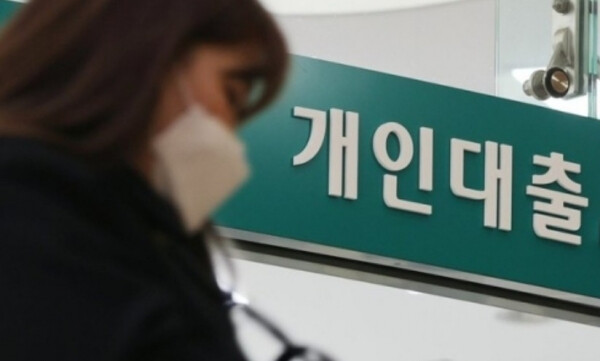
Seoul, South Korea – South Korea's four largest financial groups have seen a significant surge in non-performing loans (NPLs) this year, signaling mounting financial pressures amid a prolonged economic downturn. As of the third quarter, the total value of loans that have been overdue for more than three months at KB, Shinhan, Hana, and Woori banks has soared by nearly 3 trillion won compared to the end of last year.
According to data from the Financial Supervisory Service, the total NPLs of these four banking groups reached 13.379 trillion won at the end of the third quarter. This represents a substantial increase of approximately 3 trillion won from the 10.536 trillion won recorded at the end of 2022.
NPLs refer to loans that have been classified as either substandard, doubtful, or loss, meaning they have been overdue for three months or more. A higher proportion of NPLs indicates a weaker asset quality for financial institutions.
Consequently, the NPL ratio, a key metric used to assess the extent of non-performing assets, has also risen. This ratio, which stood at less than 0.5% at the end of 2022, has climbed to 0.76% in the third quarter, nearing the 1% mark.
Furthermore, the volume of non-performing loans that generate no income, often referred to as "zombie loans," has also been on the rise. These loans, which were valued at around 5 trillion won at the end of 2022, have swelled to 9.931 trillion won by the end of the third quarter, and are poised to surpass the 10 trillion won mark if current trends persist.
The rapid deterioration of financial institutions' asset quality is widely seen as a symptom of the broader economic slowdown. As both businesses and households struggle to meet their financial obligations, loan defaults have become increasingly common. Notably, the repayment capacity of corporations has weakened significantly in recent times.
For instance, KB Kookmin Bank reported a 35% increase in NPLs from corporate loans in the third quarter of 2023, reaching 1.1836 trillion won, compared to 8716 billion won at the end of 2022. This contrasts sharply with the more modest 5% increase in NPLs from household loans during the same period.
[Copyright (c) Global Economic Times. All Rights Reserved.]






























